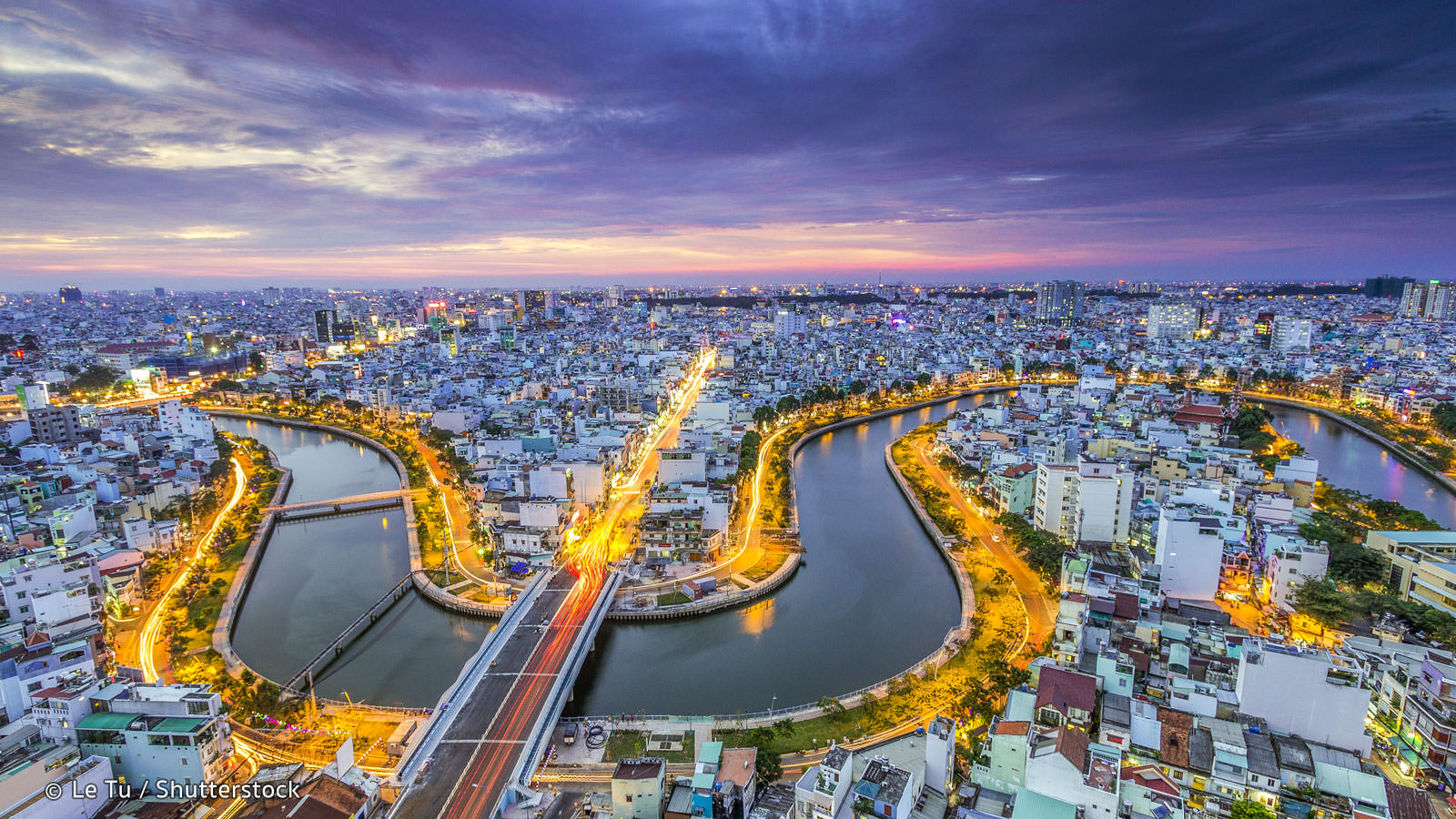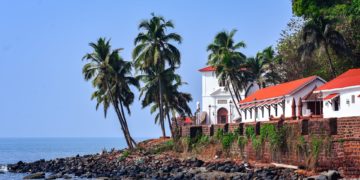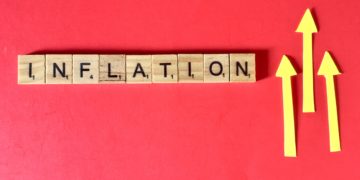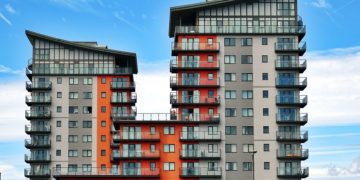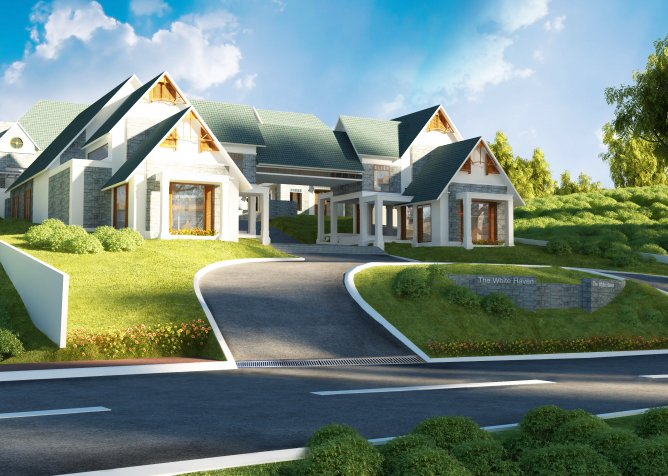 In Vietnam, it is not possible to own land privately, regardless of whether you are Vietnamese or a foreigner. All land is owned by the collective people of Vietnam, and the State acts an administrator on behalf of them. It is however possible to own a residential apartment (but not the land) and right to use land in Vietnam, called a Land Use Right (LUR). The rules regarding the ownership of LURs and residential apartments is rather complicated.
In Vietnam, it is not possible to own land privately, regardless of whether you are Vietnamese or a foreigner. All land is owned by the collective people of Vietnam, and the State acts an administrator on behalf of them. It is however possible to own a residential apartment (but not the land) and right to use land in Vietnam, called a Land Use Right (LUR). The rules regarding the ownership of LURs and residential apartments is rather complicated.
These LURs are allocated or leased by the State, with the specific purpose of how the LUR can be used stipulated on the LUR certificate when the land is allocated or leased. An LUR certificate gives the holder control over the land, and they can use, transfer, mortgage and lease that land, provided that they do so within the rights that are stated in the certificate.
Purchasing Residential Property Rights as an Individual:
Vietnam introduced a pilot scheme in 2008, the National Assembly Resolution No. 19/2008/QH12 that allowed foreign individuals to own a residential apartment in a commercial apartment building in Vietnam. Only people who reside in Vietnam, or who have permission to reside in Vietnam for over a year are permitted under this scheme, and they must also fall under one of the following categories:
- A foreigner who has directly invested in Vietnam in accordance with the Law on Investment;
- A foreigner who holds a managerial position in a business operating in Vietnam;
- A foreigner who has contributed to Vietnam and been rewarded with a medal from the President of the State;
- A foreigner who has made a special contribution to Vietnam by decision of the Prime Minister;
- A foreigner currently working in Vietnam who has a university degree or higher qualification, and has special technical knowledge or skills that Vietnam requires; or
- A foreigner who has married a Vietnamese citizen.
If you meet one of these criteria then you are eligible to own an apartment in a commercial apartment building for up to 50 years in Vietnam. However it should be noted that you will only own the apartment, not ownership of the land on which the apartment is built.
Leasing Residential Property Rights as an Individual:
A foreigner is able to lease a residential home in Vietnam provided they have legal permission to reside in Vietnam. If the right to reside is for less than three months, then the lease contract can only be made for as long as your right to reside in Vietnam exists. If your visa is renewed then the term of the lease can also be renewed.
However, the Law on Residential Houses allows foreigners who have permission to reside in Vietnam for more than three continuous months to lease a residential house without a restriction on the lease duration. Some foreigners have been able to enter long-term leases for several decades under these laws.
If you wish to lease just a piece of land (without a residence), then you must first have the correct permissions to invest in Vietnam. Then your rights to lease are covered by the investment laws, as outlined below.
The Rights of Overseas Vietnamese (Viet Kieu):
Special rules apply for people who are overseas Vietnamese, or Viet Kieu, where they are either Vietnamese citizens living overseas or people of Vietnamese origin (according to the governments certification process) who permanently reside overseas.
The rules that apply to Viet Kieu are very detailed and specific, but generally they allow for the following:
- Allocations of land by the State in order to carry out investment projects;
- Leasing of land from the State or private individuals to carry out investment projects;
- Receive LURs in specific industrial zones to undertake investment projects;
- Own a residential house or apartment where they are permitted to reside in Vietnam for more than three months. There are no limitations on the number of residential properties that they own provided they are used for residential purposes.
- Where the Viet Kieu is entitled to be allocated or transferred land, can they then obtain the LURs for that land and be able to build a residential property on it. These rights are more limited and depend upon the Viet Kieu’s status in Vietnam.
If a Viet Kieu owns a residential property and then leaves Vietnam, whether they can maintain ownership of the property is dependent upon a variety of factors. In that situation it is recommended that professional advice is obtained to ensure that any rights to the property are not lost.
Land Rights and Investing in Vietnam as a Foreigner:
For foreigners who wish to invest in Vietnam, there are two main ways to obtain a LUR; 1. Through a lease LUR; or 2. Through a joint venture company with a local Vietnamese partner. In either case, you will need to comply with all the foreign investment laws in Vietnam and obtain the necessary certifications. Foreigners may have limited rights over how to use their LUR, this is discussed below.
Land Lease as a Foreign Investment Enterprise:
A foreigner or Foreign Investment Enterprise (FIE), which is 100% owned by foreign investors, can lease land directly from the State or from a private Vietnamese person, but they cannot be allocated land directly by the State. A foreign investor must have an Investment Certificate (IC) which generally cannot exceed 50 years, therefore the lease cannot exceed this length of time either. Once the IC expires, then they can request to extend the LUR duration, which will depend upon a range of factors such as their behavior, the way the land has been used and environmental concerns.
There are no significant restrictions from leasing land from the State, however there are some specific and quite restrictive rules around leasing or sub-leasing an LUR from a private person. There are also specific differences in what can be leased and how it works, depending upon whether you are leasing from the State or from a private person. These differences include:
- Infrastructure and Buildings: Land leased from the State may not have any infrastructure or buildings, however land leased from a private person will. The State requires private persons to invest in their land first, by building houses or constructing something of value, and only then are they permitted to lease or sublease the land.
- Duration of Lease: When leasing from the State, the duration of the lease will depend on the time remaining on their IC, only in very exceptional circumstances will the IC be for longer than 50 years at the outset. When leasing from a private person, then the length of lease is dependent upon both the term remaining on the IC and also the length of time remaining on the lessor’s LURs.
- Rental Rates: The rates at which the State leases land is determined by the provincial people’s committee. However the rental rate when leasing from a private person is determined by the two parties in private agreement.
It is also worth noting that if you lease land from the State for investment purposes, the State may reclaim the land if you do nothing on it for 12 consecutive months or your investment project falls behind by more than 24 months.
As an FIE who is investing in the construction of residential houses for sale or rent, you must first be licensed to engage in real estate business. If you lease land from the State and pay rent in a lump sum for the duration of the lease, then you can build houses for sale. These houses can be sold to anyone who is entitled to own a house in Vietnam. However if you pay your rent annually, then you can only build houses for lease. Once your IC expires (and you were not granted an extension), then you will be required to hand over the houses to the provincial People Committee who will convert them to State ownership and manage them.
Obtaining LURs Through a Joint Venture Company:
Typically where the investment activity is run through a joint venture company, the local Vietnamese partner will use their LUR as part (or all) of their capital contribution. In this situation, the local partner can do so provided they meet the following requirements:
– They have been allocated the land by the State and their LURs fees did not come from the State budget
– They have had the LURs transferred to them from someone other than the State, and the money for the transfer did not come from the State budget
– They leased the land from the State before 1 July 2004, and the rent has been paid for the entire term of the lease. A period of at least 5 years must remain on the lease for it to be contributed as capital.
This form of obtaining LURs is quite common in Vietnam, but is predicated on their being an investment activity. If you are only planning a small investment, this may involve too much bureaucracy for the purpose.
Ownership of Work Constructed on the Land:
If you construct a building on the land, you can be issued with a certificate of Land Use Rights, Ownership of Residential Housing and Assets Attached to Land (LURs Certificate). This will certify your ownership over the construction, even if you do not own the actual land that it is on.
The rules around ownership of property rights in Vietnam are complicated and it is strongly recommended that you obtain legal advice before entering into an arrangement. The Minister of Construction has signaled that Vietnam may improve these regulations soon to make it a bit easier for foreigners to obtain land rights in Vietnam. However it is unclear exactly what these changes may be or when they will take effect.
To get more information & assistance, please submit the form below and our specialist will get in touch with you at the earliest.

